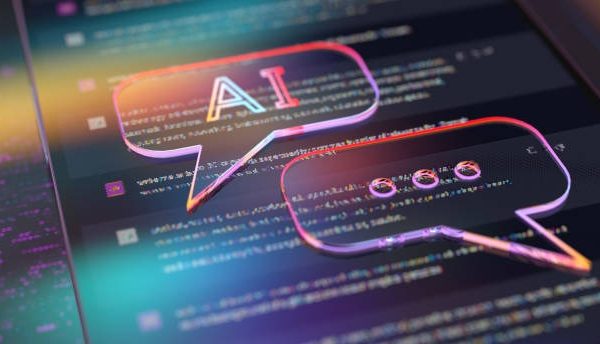The advent of artificial intelligence has brought about a paradigm shift in numerous fields, with text generation standing out as one of the most transformative applications. AI-powered creativity is unlocking new potentials in text generation, offering unprecedented opportunities for innovation and efficiency across various domains. This technological advancement is not merely about automating writing processes but enhancing human creativity by providing tools that amplify our creative capabilities.
At the heart of AI-powered text generation are sophisticated algorithms and models like OpenAI’s GPT series. These models have been trained on vast datasets, enabling them to understand context, nuance, and even emulate different writing styles. As a result, they can produce coherent and contextually relevant content that often rivals human-written text. This capability is particularly beneficial for industries such as marketing, journalism, and content creation where high-quality written material is crucial.
One significant advantage of Text generation AI is its ability to handle large volumes of work at remarkable speeds. This efficiency allows businesses to meet tight deadlines without compromising quality. For instance, marketers can generate personalized email campaigns or social media posts tailored to specific audience segments quickly and effectively. Similarly, news organizations can use AI tools to draft reports on routine topics or data-heavy stories where speed is essential.
Moreover, AI’s role in fostering creativity cannot be overstated. By taking over repetitive tasks or generating initial drafts based on prompts provided by humans, these systems free up time for writers to focus on refining ideas and injecting their unique voice into the content. Additionally, AI can serve as a collaborative partner in brainstorming sessions by suggesting new angles or perspectives that might not have been considered otherwise.
However, the integration of AI into creative processes also raises important questions about authorship and originality. As machines become more adept at mimicking human language patterns and producing original-sounding content independently from direct human input—determining who owns the intellectual property rights becomes increasingly complex.
Despite these challenges though; embracing this technology holds immense promise for democratizing access to creative tools globally—empowering individuals who may lack resources traditionally required (such as extensive education) yet possess innate talent waiting just beneath surface ready now finally unleashed through accessible user-friendly platforms powered intelligently designed interfaces catering diverse needs ranging novice expert alike!
In conclusion therefore: while concerns surrounding ethics authenticity remain valid ongoing discourse necessary ensure responsible development deployment practices; potential benefits harnessing power artificial intelligence within realm textual creation undeniable transformative effect poised redefine boundaries what possible reshaping landscape entire industries beyond imagination mere decade prior!

